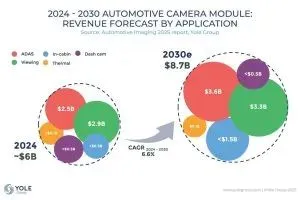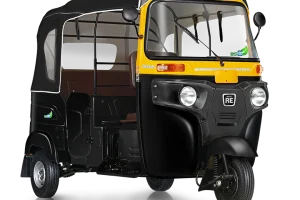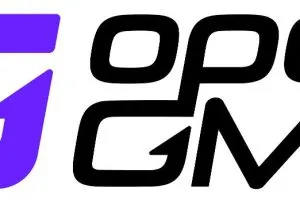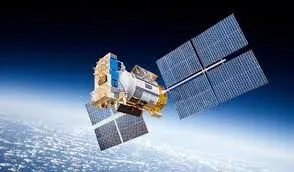This brings together automotive and tech companies looking to develop ‘cellular Vehicle-to-Everything’, or C-V2X.
The idea is to allow vehicles to interact with their surroundings. For example, with other vehicles, cyclists, pedestrians, road infrastructure, or mobile networks, all in real-time.
D2D
Viasat is eyeing the strategic advantage of using direct-to-device (D2D) comms, which will enable edge devices to connect to satellites without dedicated satellite hardware.
It highlights that satellite and cellular technologies are on a pathway to convergence with 3GPP’s Release 17 standard. This outlines an approach covering devices like phones, vehicles and industrial machinery.
Possible automotive applications involving satellite-based communications include enabling emergency calls, breakdown support, and use of collision sensors.
5GAA
“With a longstanding history in providing critical safety services in the air and at sea, and our continued innovation on direct-to-device connectivity, joining the 5GAA is a natural fit for Viasat,” said Kevin Cohen, VP, Direct to Device Partnerships, Viasat.
“By utilizing already licensed L-band spectrum for mobile satellite services, vehicles could roam between space and ground network connectivity.”
As well as the major vehicle manufacturers (except Tesla, however) the association includes members such as AT&T, Samsung, Huawei, T-Mobile, Nokia and Verizon.
For its part, the organisation highlighted Viasat’s existing experience with D2D:
“Viasat’s leadership in satellite-based connectivity, particularly their innovative approach on direct-to-device technology, will significantly enhance the 5GAA’s efforts to build a resilient and future-proof C-V2X ecosystem,” said Johannes Springer, Director General of 5GAA.
“Their expertise will help us explore new frontiers in vehicle-to-everything communication, especially in areas with limited terrestrial network coverage.”
In May 2023 Viasat completed its acquisition of Inmarsat, following the announcement that the European Commission (EC) had unconditionally approved Viasat’s acquisition of Inmarsat.
Image: Viasat
See also: Viasat demos satellite-based augmentation system for UK EGNOS
 Electronics Weekly
Electronics Weekly




